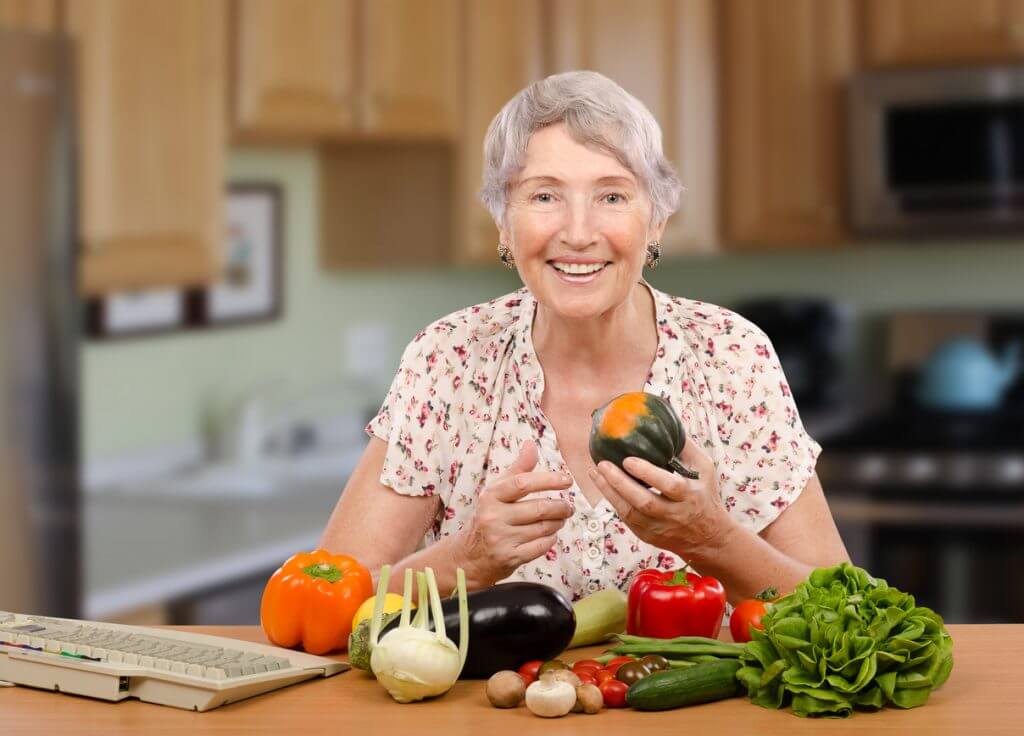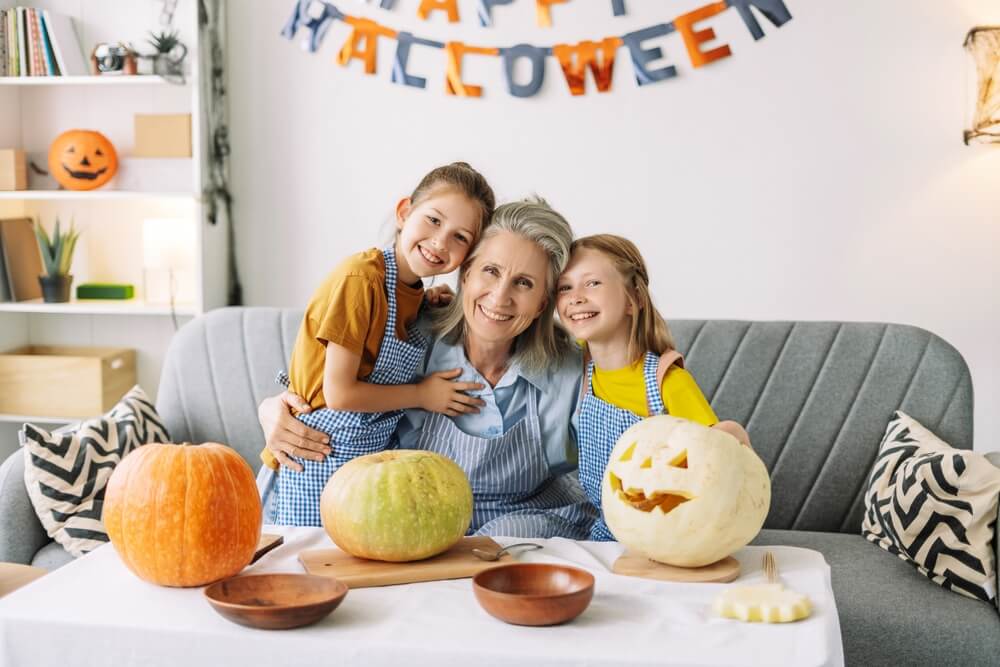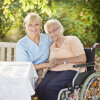With the all the hustle and bustle of our lives, how many times do we grab a quick cup of coffee and a donut on our hurried way to work, stopping for junk food on the way home to avoid the need to cook? Younger adults with a high metabolism, optimal muscle strength, and fewer chronic health conditions can get away more easily with short-term poor eating habits; however, when it comes to senior nutrition, it’s a different story.
While our bodies go through changes in aging, the need for appropriate nutrition becomes much more critical. Seniors who are malnourished are at a heightened risk for falls, anemia, maladies, hospitalizations, and more. It’s estimated that as a nation, we spend over $150 billion annually in medical costs stemming from elderly malnutrition.
There are numerous hurdles for the elderly to overcome in order to obtain adequate senior nutrition, including:
- Medication side effects, such as impacting taste and smell.
- Trouble eating due to arthritis or dental concerns.
- Difficulty with the tasks involved with shopping or fixing meals.
- Loneliness and depression, making mealtime less enjoyable.
- Lack of enthusiasm to prepare balanced meals when cooking for just one.
- Financial limitations.
To compound the issue further, doctors’ appointments and checkups often neglect nutritional counseling. According to Simin Nikbin Meydani, director for the Jean Mayer USDA Human Research Center on Aging at Tufts, “If you go to your physician, they will weigh you and check your heart, but they are not measuring your nutritional status.”
So how can we guarantee our older family members are maintaining proper senior nutrition? The MyPlate for Older Adults from Tufts University is a great place to begin, outlining simple dietary modifications that are less inhibitive than trying a complete dietary makeover. For example, “Tea and toast can turn into a bowl of oatmeal with a banana. It’s just as easy to make,” according to Shirley Chao, of the MA Executive Office of Elder Affairs.
Another choice is to engage the services of a professional in-home caregiver, such as those at Home Matters, who can help with planning wholesome, delicious meals, running errands such as picking up groceries, and spending time with seniors during mealtimes to stave off loneliness.
For more strategies for helping improve nutrition for an older adult, contact Home Matters. We can plan and prepare healthy meals for seniors – and we’ll even clean up the kitchen afterwards!











